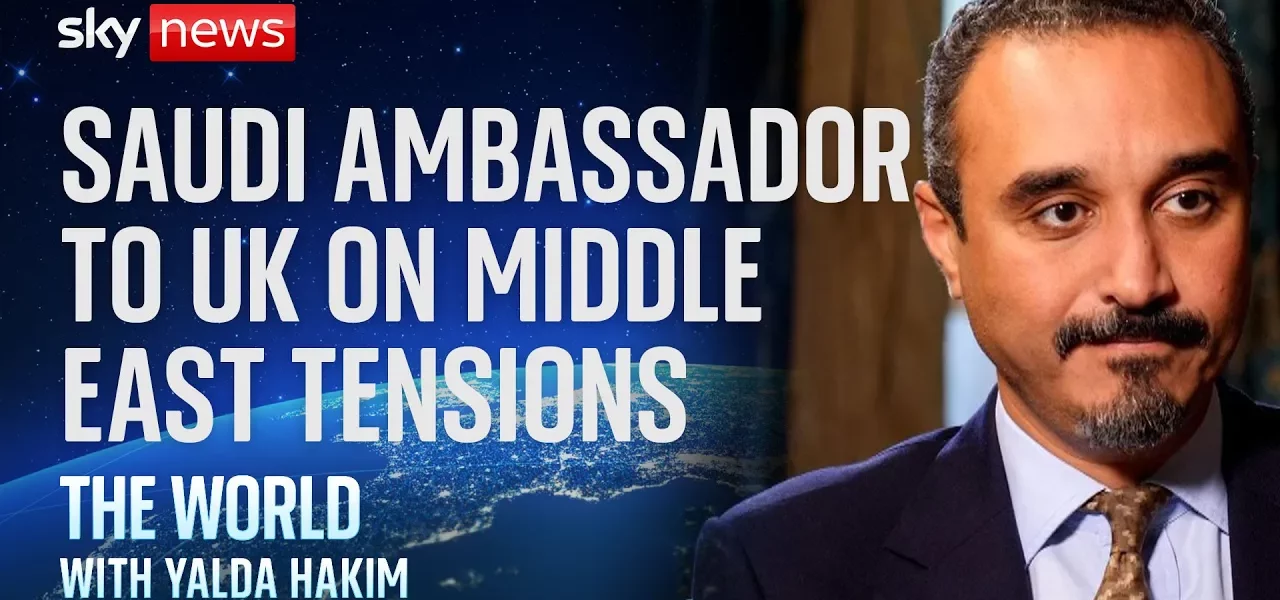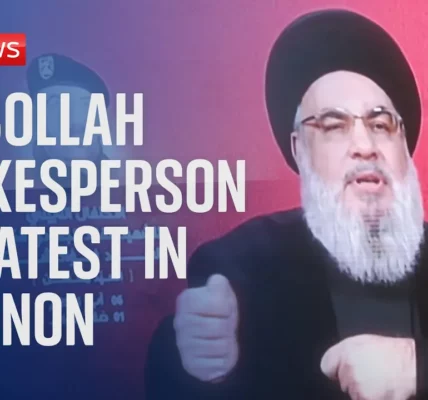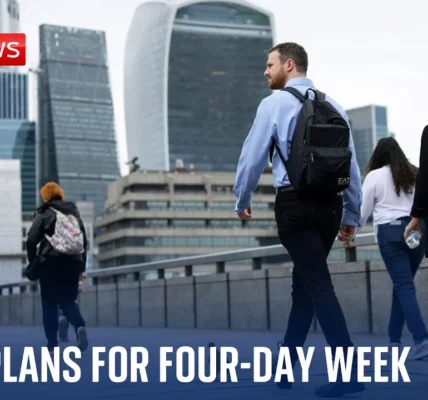Analysis of the Ongoing Conflict in Gaza and Its Global Implications

This article provides a comprehensive analysis of the recent developments in the Gaza conflict, the humanitarian crisis, and the international community’s responses. It delves into the perspectives of key players, including Saudi Arabia, and examines the potential paths forward in this complex situation.
Introduction
The conflict in Gaza has escalated significantly in recent months, resulting in a humanitarian catastrophe that has drawn international attention. With reports of casualties among Hezbollah fighters and widespread devastation, the situation is becoming increasingly dire. As the world watches, key political figures and nations are grappling with the implications of this ongoing crisis. This article aims to dissect the current state of affairs and explore the various perspectives surrounding the conflict.
The Humanitarian Crisis in Gaza
The humanitarian situation in Gaza has reached alarming levels, with reports indicating a staggering number of casualties and injuries. The Saudi foreign minister has labeled the situation a “humanitarian catastrophe” and criticized the failures of the international security system to effectively address the ongoing violence.
Current Statistics and Impact
- Over 40,000 Palestinians reported dead.
- More than 100,000 injured.
- Widespread destruction of infrastructure and homes.
International Response
The international community has struggled to formulate a cohesive response to the crisis, leading to calls for a ceasefire and renewed diplomatic efforts. Many nations, including the United States, have been criticized for their perceived inaction and inability to influence key players in the conflict.
Geopolitical Implications
The ongoing conflict in Gaza is not just a regional issue; it has far-reaching implications for global stability. As tensions escalate, the risk of a broader regional war increases, prompting concerns from various international stakeholders.
Saudi Arabia’s Role
Saudi Arabia has taken a proactive stance in advocating for a ceasefire and humanitarian aid. The Saudi foreign minister has been vocal about the need for the international community to exert more pressure on key players, particularly Israel.
Normalization with Israel
Normalization talks between Saudi Arabia and Israel hinge on the establishment of a credible solution to the Palestinian issue. The lack of a viable two-state solution has stalled these discussions, as leaders in the region reiterate the importance of Palestinian statehood.
The Challenges of Ceasefire Negotiations
Despite the urgent need for a ceasefire, negotiating peace in such a volatile environment is fraught with challenges. The complexity of the situation is compounded by historical grievances and the diverse interests of various stakeholders.
Key Obstacles
- Deep-rooted historical conflicts.
- Disparate political agendas among regional players.
- Resistance from hardline factions on both sides.
Calls for Renewed Efforts
Political leaders stress the necessity for renewed diplomatic efforts to halt the violence and address the humanitarian needs of affected populations. The call for a ceasefire remains paramount, yet the path to achieving this goal is fraught with difficulty.
The Role of the International Community
The international community has a critical role to play in mediating the conflict and facilitating peace. Various nations and organizations have attempted to influence the situation, but their efforts have often been met with resistance.
U.S. Involvement
The U.S. has been a key player in the region, but its influence has been questioned amidst criticisms of its handling of the crisis. The current administration faces challenges in applying effective pressure on nations involved in the conflict.
Global Reactions
Protests and demonstrations around the world highlight the global concern over the conflict, emphasizing that it resonates far beyond the borders of Israel and Palestine. Public sentiment is increasingly pushing governments to take a stand.
Conclusion
The situation in Gaza is indicative of broader geopolitical tensions that require immediate attention and action from the international community. The urgent need for a ceasefire and humanitarian relief cannot be overstated, as the human cost of the conflict continues to rise. It is essential for global leaders to come together to advocate for peace and work towards a sustainable resolution to the Palestinian issue. As this situation unfolds, continued vigilance and proactive engagement will be vital in preventing further escalation and ensuring a path towards lasting peace.
For more information on the ongoing conflict and its implications, explore our related articles on international relations and humanitarian crises.
“`




